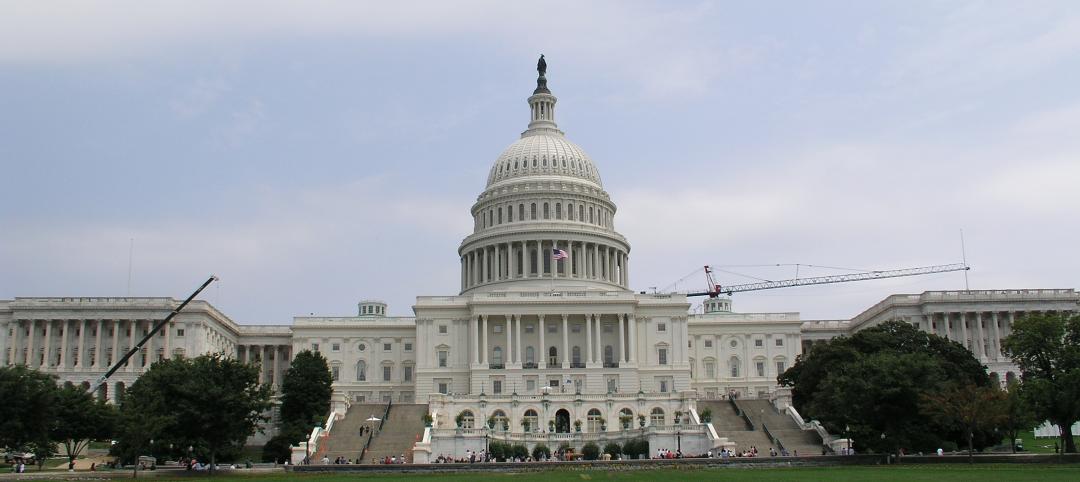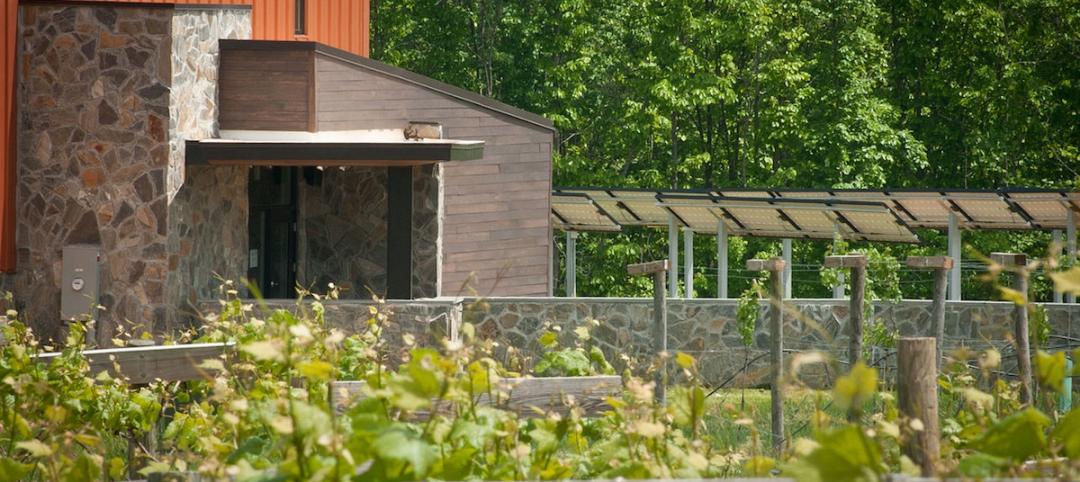Voters in many U.S. jurisdictions passed housing measures Nov. 8 that will collectively set aside billions of dollars in new funding to create more affordable housing and provide protections for renters.
Notable propositions impacting housing include:
- With 92% of votes counted, in Colorado, voters favored passage of Proposition 123, which would require the state to allocate about 2% of income tax revenues in the annual budget for affordable housing.
- A so-called “mansion tax” in Los Angeles appeared headed for passage. It would impose a one-time tax on residential and commercial property sales that exceed $5 million with money directed to construction of affordable housing, emergency rent subsidies, and services for those at-risk homelessness.
- Berkeley, Calif., passed a $650 bond measure that sets aside $200 million to create 1,500 affordable units for low-income residents and people experiencing homelessness.
- Oakland, Calif., passed a $350 million bond measure to buy, rehabilitate, and build affordable housing.
- A bond measure passed in Buncombe County, North Carolina, (including the City of Asheville) that raises $40 million to pay for low-to-moderate-income affordable housing.
- Austin, Texas, passed a $350 million bond measure for low-income rental housing, low-income homeownership, home repairs, and preservation of existing affordable housing.
- A $200 million bond package passed in Columbus, Ohio, to create new affordable units, aid affordable home ownership, preserve existing affordable units, and support residents experiencing homelessness.
- In Kansas City, Missouri, a $50 million bond measure will help rehabilitate, renovate, and construct housing for very low- to moderate-income households.
Related Stories
Codes and Standards | Mar 12, 2015
Energy Trust of Oregon offers financial incentives for net-zero buildings
The organization is offering technical assistance along with financial benefits.
Codes and Standards | Mar 10, 2015
Real estate interests push Congress for Census funding
The groups have joined forces to urge Congress to fully fund the 2020 Census and the annual American Community Survey in its 2016 budget.
Codes and Standards | Mar 5, 2015
Charlotte, N.C., considers rule for gender-neutral public bathrooms
A few other cities, including Philadelphia, Austin, Texas, and Washington D.C., already have gender-neutral bathroom regulations.
Codes and Standards | Mar 5, 2015
FEMA cuts off funding to Indiana after Kokomo continues building stadium in flood zone
FEMA will withhold funding on $5.5 million worth of projects such as building tornado safe rooms in schools.
Codes and Standards | Mar 5, 2015
Construction problems at prison spur support to quash non-traditional project delivery in Iowa
Iowa lawmakers are investigating construction problems at the Fort Madison prison project and are scrutinizing rules regarding project delivery on state projects.
Codes and Standards | Mar 5, 2015
AEC industry groups look to harmonize green building standards, codes
The USGBC, ASHRAE, ICC, IES, and AIA are collaborating on a single green code.
Codes and Standards | Mar 2, 2015
Nevada moves to suspend prevailing wage rules on school projects
The Nevada Senate approved a bill that would suspend prevailing wage rules on school projects.
Codes and Standards | Feb 22, 2015
Louisiana officials critical of stricter building standards in flood-prone areas
Buildings would have to be built either two or three feet above the base flood elevation for a 100-year flood or above the base elevation for a 500-year flood.
Codes and Standards | Feb 18, 2015
Buildings with rocking steel-braced frames are advantageous in earthquakes
Research at Case Western Reserve University has found that buildings that rock during an earthquake and return to plumb would withstand seismic shaking better than structural designs commonly used today in vulnerable zones of California and elsewhere.
Codes and Standards | Feb 18, 2015
USGBC concerned about developers using LEED registration in marketing
LEED administrators are concerned about a small group of developers or project owners who tout their projects as “LEED pre-certified” and then fail to follow through with certification.















